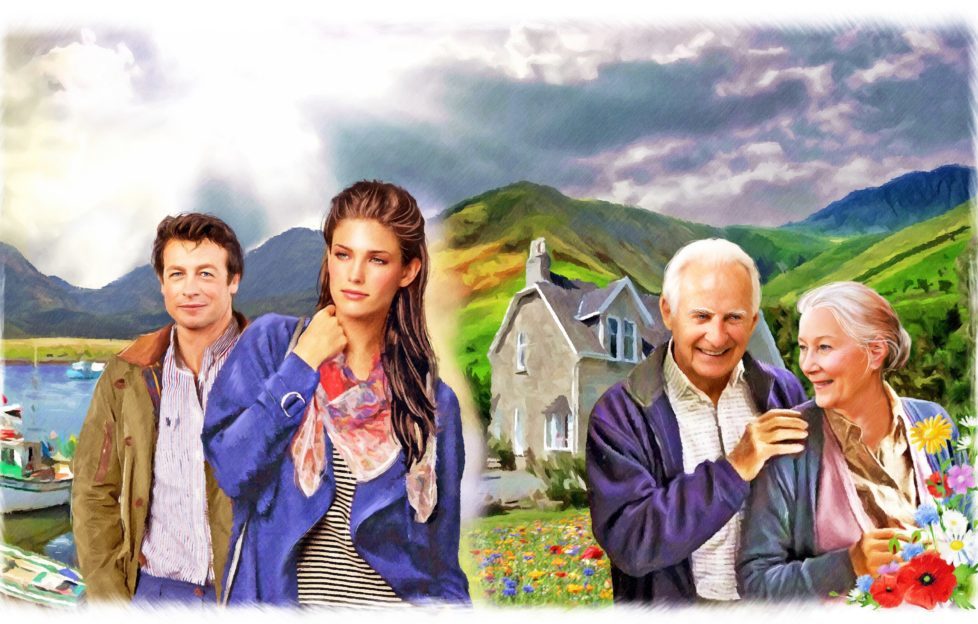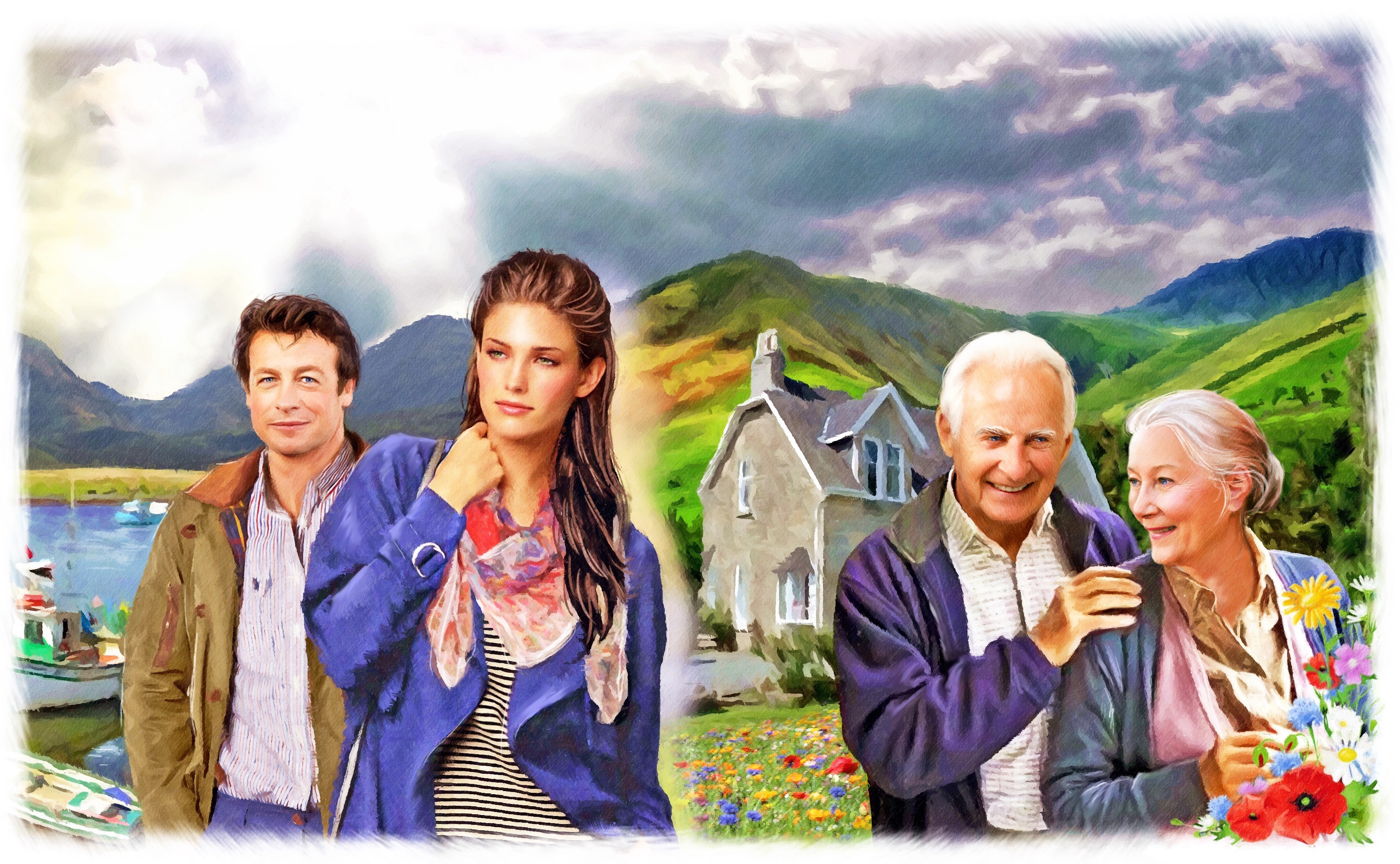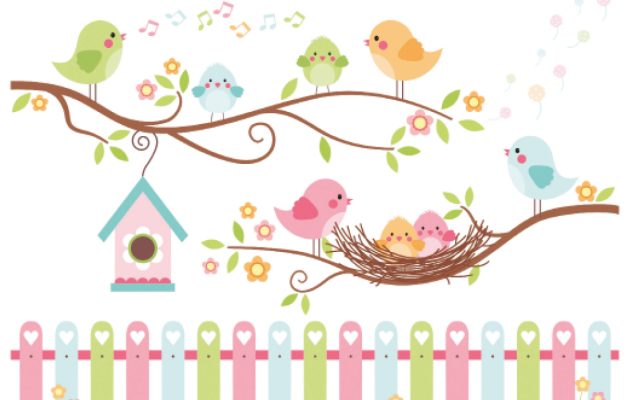Isle Of Second Chances – Episode 04

Isle Of Second Chances
« Previous Post- 2. Isle Of Second Chances – Episode 01
- 3. Isle Of Second Chances – Episode 02
- 4. Isle Of Second Chances – Episode 03
- 5. Isle Of Second Chances – Episode 04
- 6. Isle Of Second Chances – Episode 05
- 7. Isle of Second Chances – Episode 06
- 8. Isle Of Second Chances – Episode 07
“Annie. We are both too old for aunts!”
Nicola went to move forward, then hesitated.
“You’re so like your father,” Annie said, still standing at her chair.
“I can see him in your face, too,” Nicola replied.
Annie’s expression slipped from tense into a smile, making her more like her brother than ever.
“It goes to prove that blood is thicker than water.”
She took a step forward. Nicola moved quickly across the space between them and hugged the older woman tentatively.
“Not like that,” Annie said. “If a hug’s worth doing, it’s worth doing well!”
Nicola felt herself enveloped in a warm hug. She was then held out at arm’s length while the older woman studied her.
“You have his eyes, too. Green. They’ll keep changing like the sea. Now, Sandy here will show you your room. Make yourself at home, and welcome, my dear. Ceud mìle fàilte – a hundred thousand welcomes, as we say up in the islands.”
“Thank you,” Nicola said. “Yes, I would like to tidy up.”
She followed Sandy up the stairs and along the corridor of the old house.
“My aunt didn’t look too steady on her feet. Should we get a doctor to her?”
Sandy paused at the bedroom door, opened it and then stepped back.
“We have a doctor,” he said gruffly. “We’re coming down with doctors here, and she’s in better health than the centre itself.”
“What sort of centre?”
This was the second time it had been mentioned, and Nicola was no wiser as to what it was or why her aunt had brought her here.
The old man frowned.
“She’ll tell you herself when she’s good and ready.”
As Nicola walked back downstairs there was the sound of women’s voices and quiet laughter coming from the kitchen.
She knocked on the kitchen door and pushed it open to find Annie back in her chair – minus the travelling rug – and a coffee table set neatly for two in front of her.
“Hi, Annie. Not Sandy’s work, I take it?” she asked, nodding at the delicate china cups and saucers, the china teapot and the neatly quartered sandwiches which were laid out in front of her.
“The girls,” Annie replied. “Pull up that chair and sit beside me.”
“Girls?” Nicola queried.
Annie nodded.
“Our patients,” she said quietly.
Nicola pulled the upright chair closer to the table.
“Patients?” she asked. “Sorry, I seem to have done nothing but ask questions since my arrival.”
Annie’s eyes glistened.
“Yes, patients. I’ll pour,” she said. “Help yourself.”
Taking one of the neat sandwiches, Nicola bit it.
“Mmm. Nice fresh bread.”
“We bake it ourselves.” Annie smiled proudly. “Eat up, it’s a long time till dinner. What do you think of the island, from what you’ve seen of it?”
Nicola swallowed.
“There’s not much to see,” she replied. “The cloud was so low when we came over that it shrouded both Skye and here.”
Annie sipped tea and sat back in her chair.
“The old name for Skye was the Island of the Clouds. The warm sea air hits the Cuillins and the mountains push it up, so it turns to mist.
“Bob and I used to enjoy the local saying that if you could see the Cuillins then it was going to rain, and if you couldn’t see them then it was already raining!”
She smiled again.
“Folk here called our own little island the Island in the Mist, but then half a dozen books stole the title and we began to call it the Island of Wildflowers instead.”
“Yes, I saw them. A carpet of tiny spring flowers close to the turf as we walked.”
“That’s the machair: a mix of peat and sand and sea shells – perfect growing soil. With the winds here it’s the small wildflowers which have made this their habitat. Tall ones would get blown out of the ground unless they grew in sheltered corners.”
“That wind!” Nicola said feelingly. “Down in London it’s been summer for months, even though it’s May, but apart from the flowers it’s like winter here!”
“Oh, we get summer, too,” Annie replied. “But it comes when it feels like it, not necessarily when it’s due. Another cup of tea?”
“Please.” Nicola hesitated. “Annie, don’t you think we should try to get the elephant out of the room?”
“Elephant?”
“Yes, the big thing which we both know is there, but which we keep ignoring and talking round. Patients, the centre . . . Why did you ask me to come? What sort of help are you looking for?”














